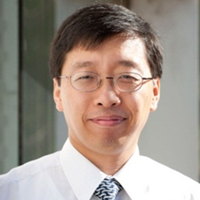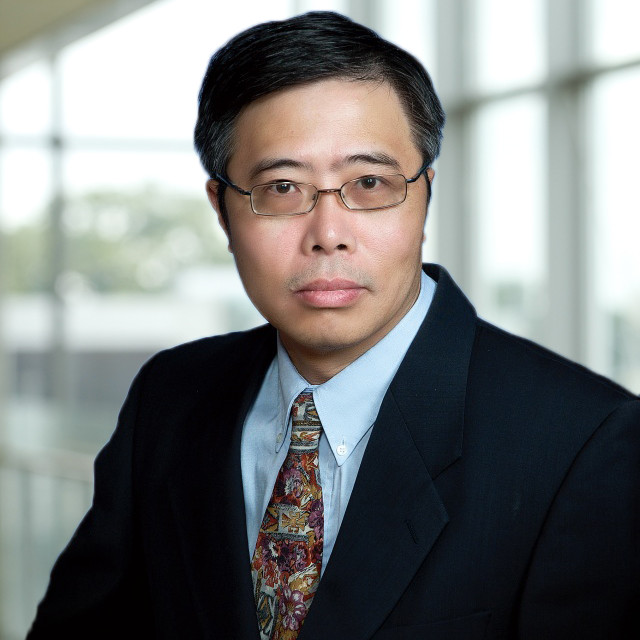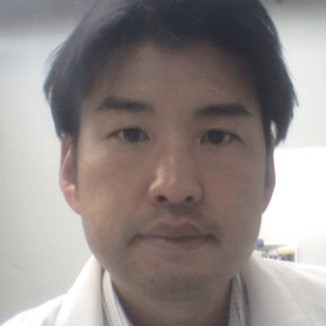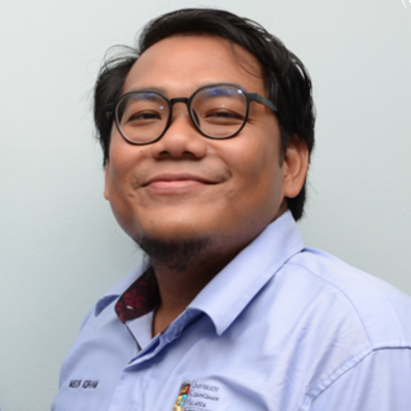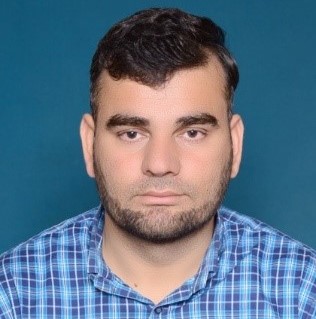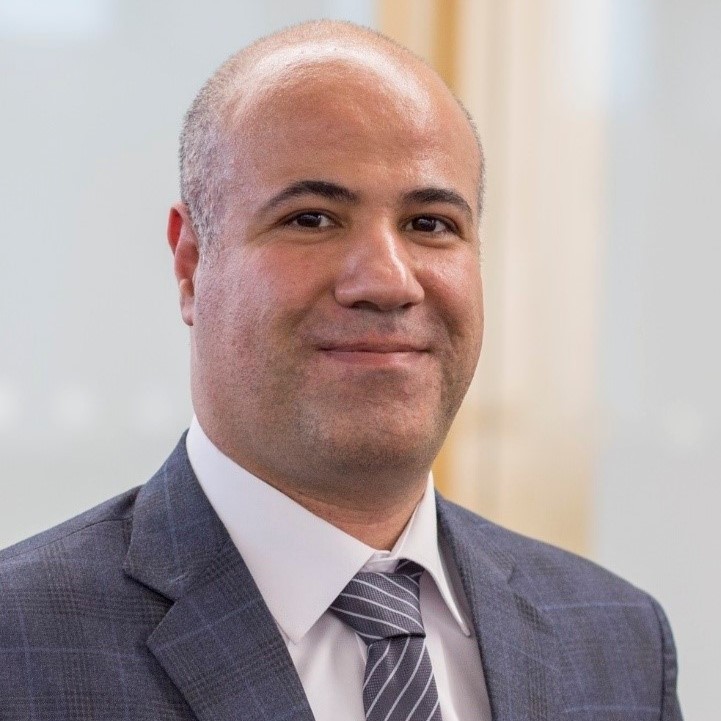Prof. Richard (Chunhui) Yang
Western Sydney University, Australia
Prof Richard Yang is an internationally recognised research leader on fields of research include Advanced Manufacturing, Additive Manufacturing (3D printing) of concrete, metals, polymers and composites, Advanced Engineering Materials & Structures, Circular Manufacturing & Circular Economy, Defence Technology, Industry 4.0, Machine Condition Monitoring (MCM) & Structural Health Monitoring (SHM), Metal Forming, Metal Surface Treatment, etc. He has been awarded over $15m in competitive research grants, including 13 ARC grants (1 ARC Training Centre, 3 DPs, 3 Linkages, and 6 LIEFs), 2 CSIRO/NSF Convergence Accelerator Program Projects on recycled plastic waste as well as more than 30 from government and/or industry. As for scientific publication, he has more than 300 high-quality technical publications in top scientific journals, books, and conferences as a major contributor in his relevant fields of research across Mechanical, Mechatronic, Manufacturing, Materials, Aerospace, Civil, Defence, etc. As for external services, he is serving as assessor for ARC, editor board member, conference committee member, reviewer of international journals and conferences, examiner for Master and PhD thesis, etc. He is Editor-in-Chief of 2 scientific journals, Associate Editor of 2, and on the Editorial Board of 5. He has been on the ANSHM Executive and the Editor of ANSHM Newsletter since 2016.
Prof. Henry Hu
University of Windsor, Canada
Dr. Hongfa (Henry) Hu is a tenured full Professor at Department of Mechanical, Automotive & Materials Engineering, University of Windsor. He was a senior research engineer at Ryobi Die Casting (USA), and a Chief Metallurgist at Meridian Technologies, and a Research Scientist at Institute of Magnesium Technology. He received degrees from University of Toronto (Ph.D., 1996), University of Windsor (M.A.Sc., 1991), and Shanghai University of Technology (B.A.Sc., 1985). He was a NSERC Industrial Research Fellow (1995-1997). His publications (over 200 papers) are in the area of magnesium alloys, composites, metal casting, computer modelling, and physical metallurgy. He was a Key Reader of the Board of Review of Metallurgical and Materials Transactions, a Committee Member of the Grant Evaluation Group for Natural Sciences and Engineering Research Council of Canada, National Science Foundation (USA) and Canadian Metallurgical Quarterly. He has served as a member or chairman of various committees for CIM-METSOC, AFS, and USCAR. His current research focuses on materials processing and evaluation of light alloys and composites. His recent fundamental research is focussed on transport phenomena and mechanisms of solidification, phase transformation and dissolution kinetics. His applied research has included development of magnesium automotive applications, cost-effective casting processes for novel composites, and control systems for casting processes. His work on light alloys and composites has attracted the attention of several automotive companies.
Speech Title: Influence of Corrosion on Mechanical Properties of PSMC Al Alloy A356 for Automotive Applications
Abstract: Aluminum alloy A356 was prepared by permanent steel
mold casting (PSMC). To determine the influence of corrosion on the mechanical
behavior and energy-absorption capability of the alloy, the as-cast PSMC A356
alloy was immersed in 3.5 and 10.0% corrosive solutions and mechanically tested.
The results of tensile tests showed that the ultimate tensile strength (UTS),
yield strength (YS), elongation (ef), modulus, tensile toughness and resilience
of the as-cast alloy decreased from 182.84 MPa, 111.86 MPa, 2.5%, 65.03 GPa,
3.68 MJ/m3, and 96.20 kJ/m3 to 135.40 MPa, 68.27 MPa, 2.3%, 34.13 GPa, 2.34
MJ/m3, and 68.28 kJ/m3 for 3.5% solution, and 115.07 MPa, 60.36 MPa, 1.9%, 26.83
GPa, 1.67 MJ/m3, and 67.91 kJ/m3 for 10.0% solution. The corrosion caused
significant degradation in strength, ductility, and resilience of the alloy,
with more pronounced deterioration at higher corrosion concentration. The
microstructure analyses with help of scanning electron microscopy (SEM) and
energy-dispersive spectroscopy (EDS) revealed that the presence of corrosion
pits and the formation of corrosion products on the surface of the corroded
alloy could promote the crack initiation and growth. These findings indicated
that corrosion severely compromised the load-bearing capacity and elastic energy
absorption of the alloy, highlighting the importance of corrosion control for
maintaining long-term mechanical reliability in service environments.
Invited speaker
Assoc. Prof. Hideaki Katogi
Jissen Women’s University, Japan
Dr. Hideaki Katogi received a degree of doctor of engineering from Shizuoka University (Ph.D., 2015). He is an associate professor at the Faculty of Human Environmental Sciences, Jissen Women's University. His research field is sustainable materials, fiber, and composite materials. Recent research article is “cellulose nanofiber-introduced continuous-ramie yarn-reinforced polylactic acid filament for 3D printing: novel fabrication process and mechanical properties”. He has received JCOM Award for Promising Researchers from JSMS Committee on Composite Materials, The Society of Material Science, Japan. He is Publicity Chair of International Conference on Building Materials and Materials Engineering. And he has served as a member of International Advisory Committee of International Conference on Green Composites. In addition, he served as a member of local committee of 13th Asian-Australasian Conference on Composite Materials.
Senior Lecturer Meor Iqram Bin Meor Ahmad
Universiti Kebangsaan Malaysia, Malaysia
Meor Iqram Meor Ahmad is a senior lecturer in the Department of Mechanical and Manufacturing Engineering at Universiti Kebangsaan Malaysia. He received his BEng degree in Mechanical and Materials Engineering from Universiti Kebangsaan Malaysia in 2013. In May 2015, he joined the Department of Mechanical Engineering at the University of Sheffield, UK, as a PhD student and was awarded his PhD in May 2019. He is a committee member of the Instrumentation, Dynamics and Control of Engineering Systems (INDICES) and Sustainable Mobility and Railway Technology (SMaRT) Research Group at Universiti Kebangsaan Malaysia. His current research interests include mathematical modelling of materials, structural integrity, fracture damage, condition-based monitoring, railway monitoring and assessment, crack growth, and creep failure.
Assoc. Prof. Aqib Mashood Khan
Nanjing University of Aeronautics and Astronautics, China
Dr. Aqib Mashood Khan is an Associate Professor at the School of
Mechanical and Electrical Engineering (CMEE) of Nanjing University of
Aeronautics and Astronautics (NUAA). He is mainly engaged in research in
the fields of sustainable machining, metal additive subtractive
manufacturing (MASM), and high-performance cutting technology.
Currently, he is mainly engaged in mechanical manufacturing teaching and
scientific research. He graduated in 2013 with a bachelor's degree from
UET Taxila. He got is PhD in Mechanical manufacture and Automation from
NUAA in 2019.
Assoc. Prof. Bodaghi Mahdi
Nottingham Trent University, UK
Mahdi Bodaghi is Associate Professor of Smart Materials & Manufacturing in the Department of Engineering at Nottingham Trent University. He is also the founder and director of the 4D Materials & Printing Lab that develops electro/magneto/thermo-responsive materials, resilient metamaterials, bio-composites, and 3D/4D printing technologies. His experience and research have led him to co-found the 4D Printing Society, to co-edit Elsevier book series-Smart Materials in Additive Manufacturing, and to launch 4D Printing Journal. His research has been disseminated through over 350 peer-reviewed papers in prestigious journals as well as the presentation at international conferences (Google Scholar, Citations: 15600, h-index: 71).
Assoc. Prof. Khurshid Alam (PhD MInstP CEng MIMechE)
Sultan Qaboos University, Sultanate of Oman
Dr. Alam is an Associate Professor in the Department of Mechanical and Industrial Engineering at Sultan Qaboos University. He obtained his PhD in Mechanical Engineering from Loughborough University in the UK and completed his graduate studies at the GIK Institute in Pakistan. He currently serves as the ABET coordinator for the department. His teaching and research interests span applied mechanics, biomechanics, materials characterization, and finite element modeling and analysis. Dr. Alam has held various academic positions at multiple universities and actively contributes to the organization of international workshops and conferences. He has published over 70 papers in internationally recognized journals and conference proceedings.

